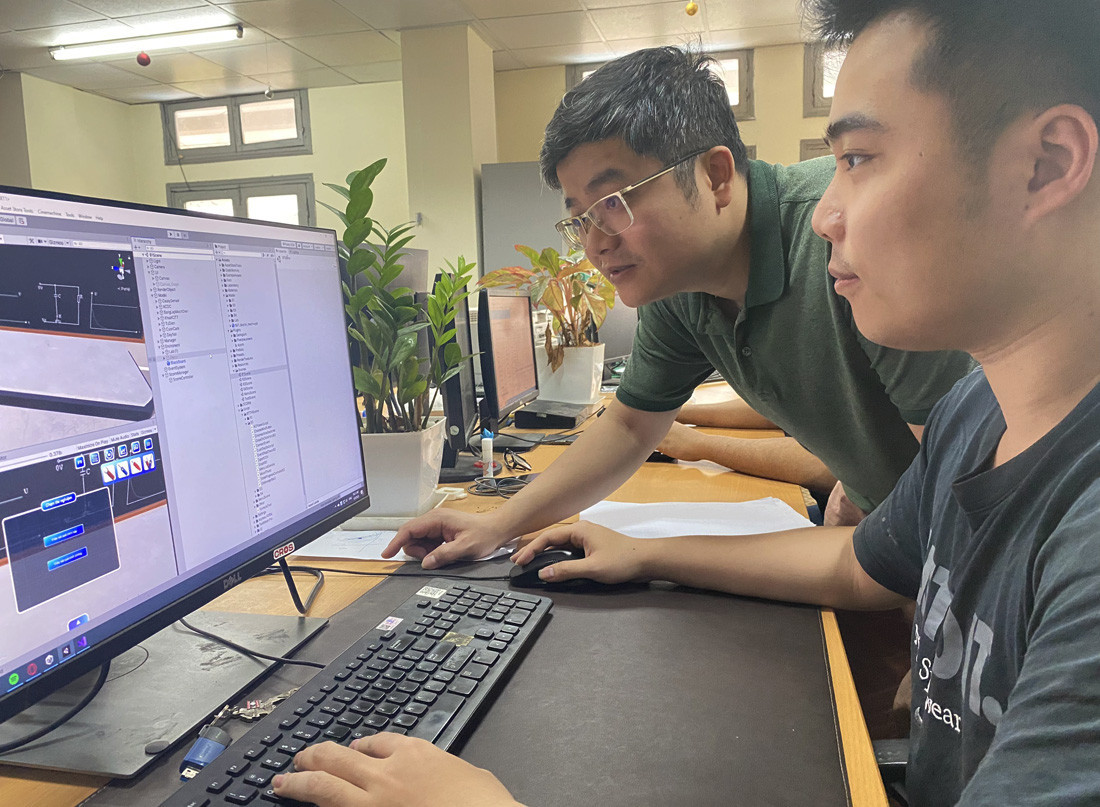
Asked about the achievements Vietnam has gained over the last two years implementing the national strategy on researching, developing and using AI by 2030, Deputy Minister of Science and Technology Bui The Duy said at a press conference on April 5 that Vietnam has great potential to develop AI.
However, Vietnam has few experts in this field. The country doesn’t have powerful supercomputing infrastructure. The issue of databases for AI development is also an obstacle. This is why there still exists a gap between Vietnam and other countries in AI.
Duy said recently, with many events organized, attention to AI has increased. The education majors related to AI have caught attention from parents, students and schools. More students are applying to study AI, leading to a high competition ratio. Schools have set very high benchmarks to enroll the best students.
Meanwhile, enterprises have organized short-term refresher training courses. Some large enterprises have cooperated with localities to set up separate campuses to organize concentrated training in AI.
Many questions have been raised which shows an increasing interest in AI.
Duy said he believes that ethical and legal issues of AI are even more important than research and development of AI.
There are many AI products, but the legal framework has not been set because of complex changes in technology.
“What if ChatGPT gives a wrong answer? Who will be blamed? For example, when ChatGPT gives the wrong information about a recipe and people eat the dish and suffer food poisoning, who will take responsibility in this case?” he said.
Another problem arises when technology firms have information about every individual, including physiological indicators, when data from health monitoring devices is synchronized. This information will form a digital copy of each person. If so, personal rights and personal information will need to be protected.
Raising people’s awareness about AI is also necessary.
Trong Dat